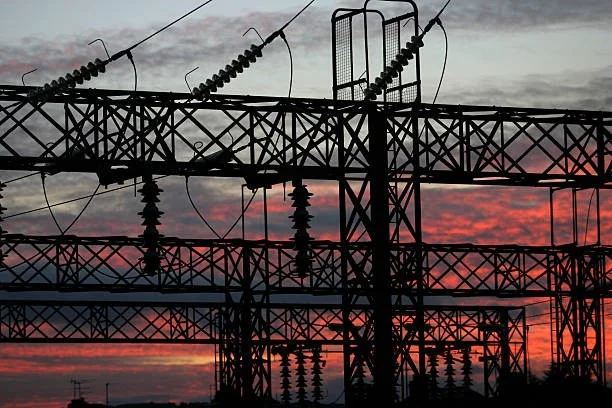The Association of Power Generation Companies (APGC) has voiced alarm over being excluded from the Federal Government’s N4 trillion debt verification process for Nigeria’s electricity sector.
In a September 24, 2025, letter, APGC’s CEO, Dr. Joy Ogaji, stressed the need for their involvement.
Letter to NBET
Addressed to Nigerian Bulk Electricity Trading Plc’s Acting MD, Johnson Akinnawo, the letter responded to NBET’s September 17 note about a bond issuance to address liquidity issues.
Ogaji argued that GenCos, as primary creditors, must participate for transparency.
Key Demands
The APGC sought clarity on their role, how they’ll submit documentation, the timeline for reconciliation, and the debt cut-off month.
“Excluding us risks inaccurate outcomes,” Ogaji wrote, urging swift inclusion to align with fund releases.
Industry at Risk
On October 1, 2025, the APGC warned that the power sector faces collapse without urgent reforms. Debts now exceed N5 trillion, driven by unpaid subsidies costing over N200 billion monthly, straining GenCos’ operations.
Gas Supply Woes
Ogaji highlighted that gas suppliers, owed trillions, are cutting supplies to power plants, diverting to other markets. This threatens generation capacity, worsening Nigeria’s electricity shortages.
Government’s Burden
A 2025 report showed a N536.4 billion subsidy obligation in Q1, up from N471.69 billion in Q4 2024. The government struggles to pay, leaving a gap between cost-reflective and actual tariffs.
Minister’s Stance
Power Minister Adebayo Adelabu admitted the government’s inability to meet subsidy payments, causing debts to mount.
President Tinubu acknowledged the issue but seeks verification before payments.
Why It Matters
The power sector’s liquidity crisis hampers Nigeria’s economic growth, with GenCos urging immediate action to prevent further disruptions.
What’s Next
In October 2025, GenCos await NBET’s response on their role in debt talks, pressing for reforms to stabilize the industry.
Nigerian Oil Company Reports Losses from Union Strike




















